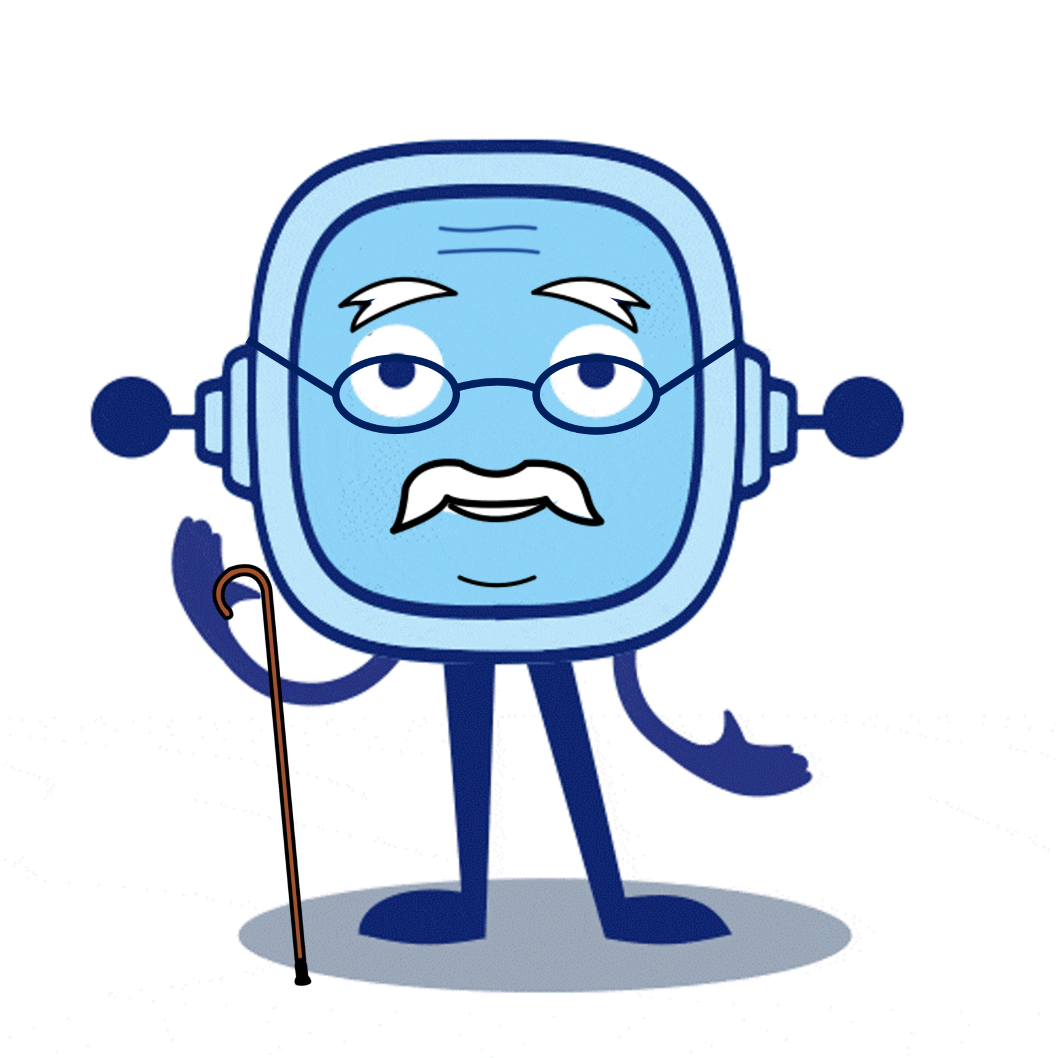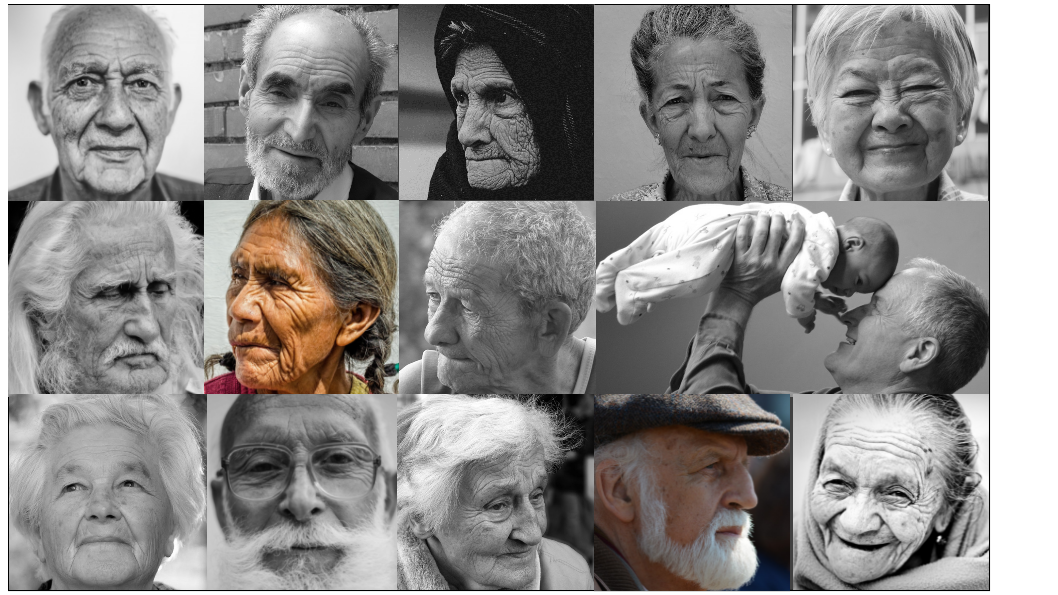Dictionary
Afford
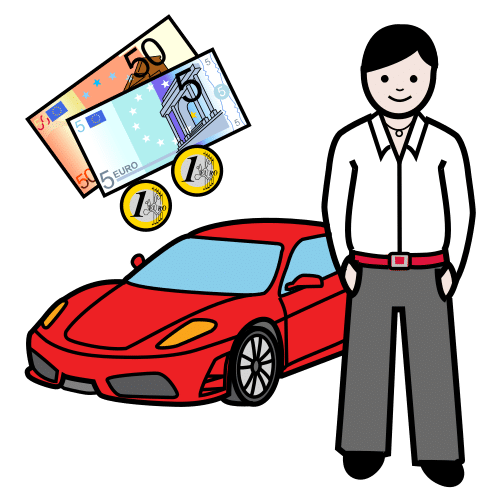
- Spanish word:
-
Permitirse
- Audio:
Appliances
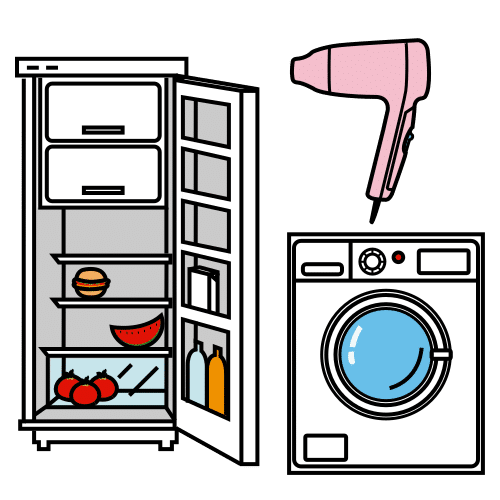
- Spanish word:
-
Electrodomésticos
- Audio:
Crank

- Spanish word:
-
Manivela
- Audio:
Device
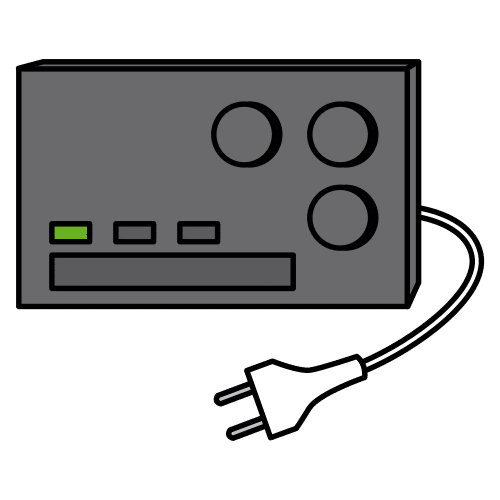
- Spanish word:
-
Dispositivo
- Audio:
Evolve
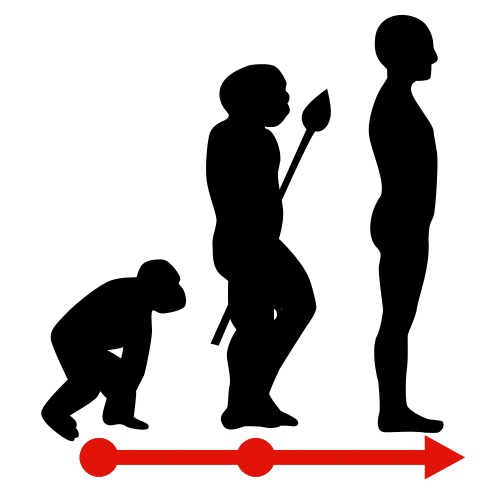
- Spanish word:
-
Evolucionar
- Audio:
Grinder
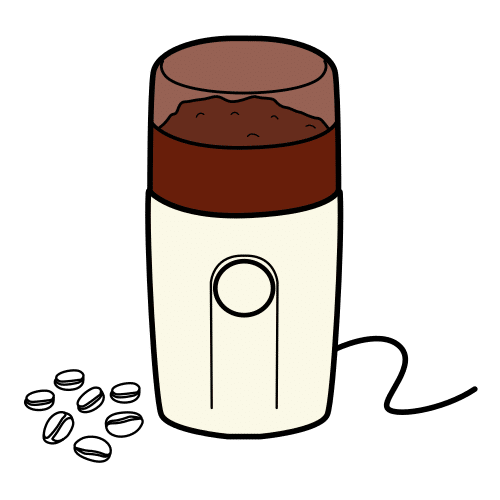
- Spanish word:
-
Molinillo
- Audio:
Landline
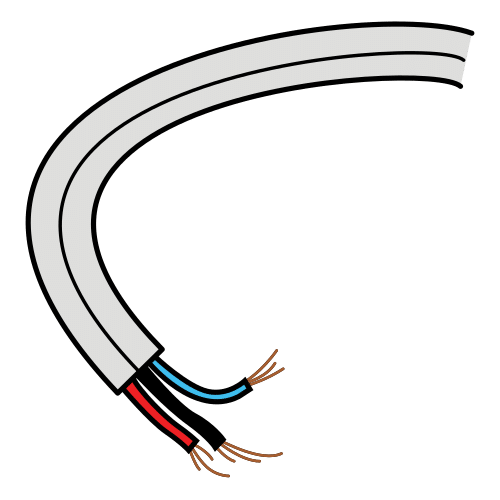
- Spanish word:
-
Línea terrestre
- Audio:
Spread
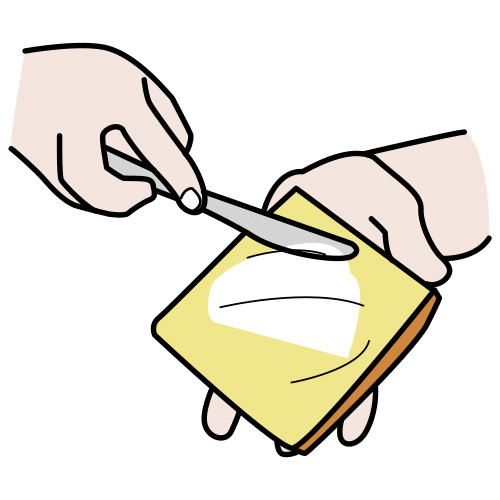
- Spanish word:
-
Extender
- Audio:
Worldwide

- Spanish word:
-
En todo el mundo
- Audio:
